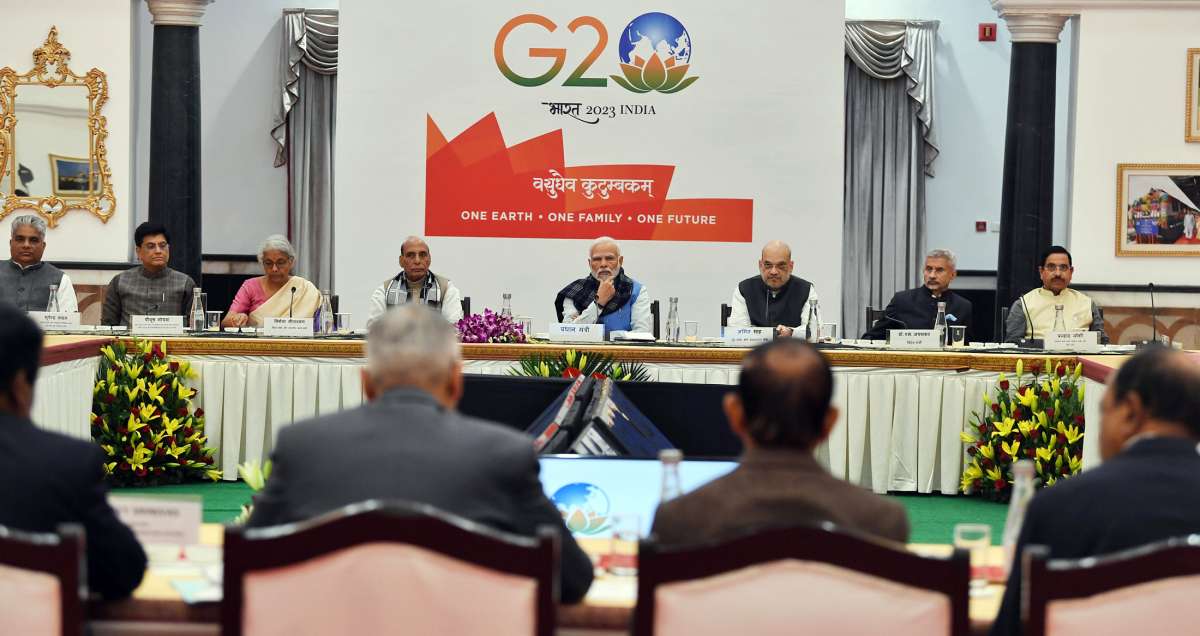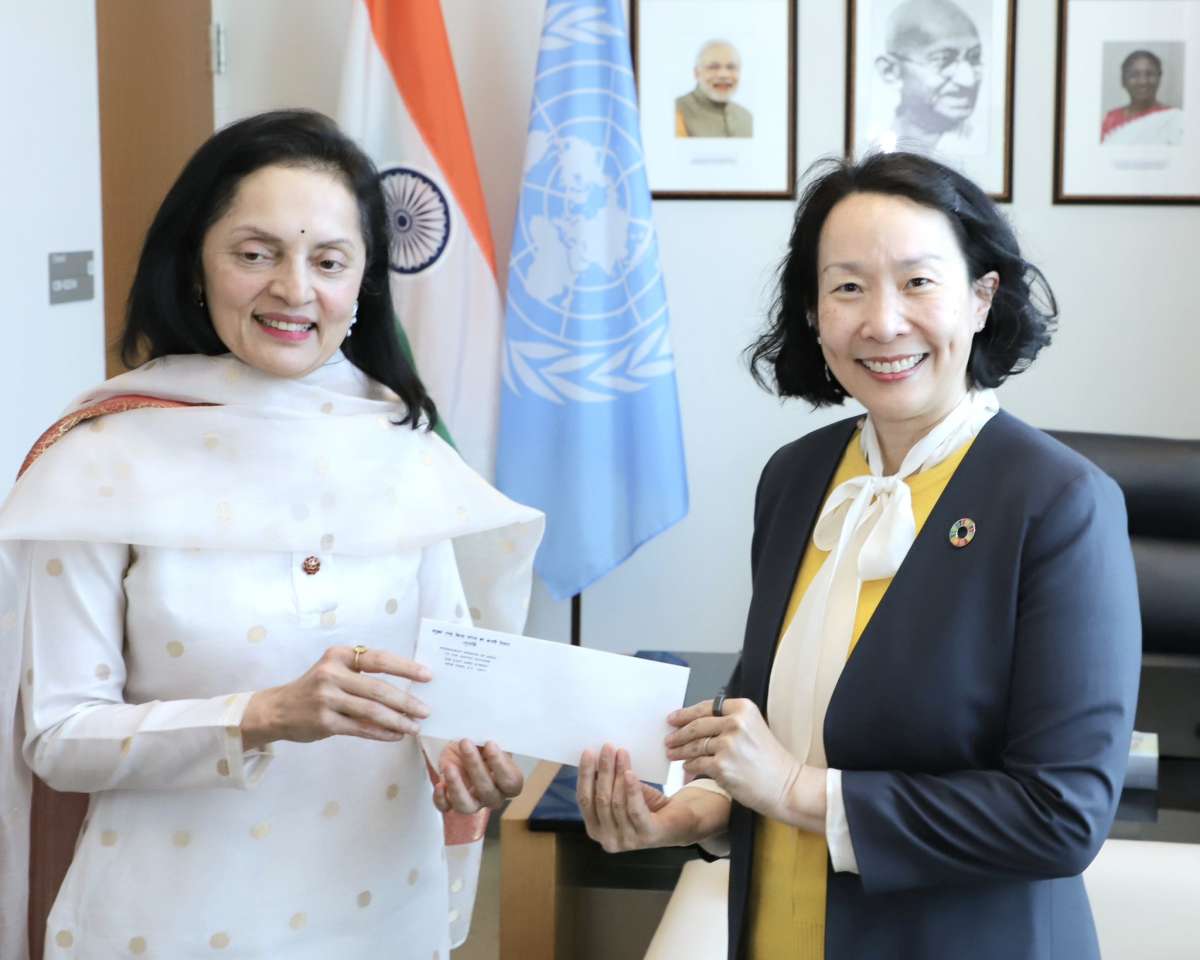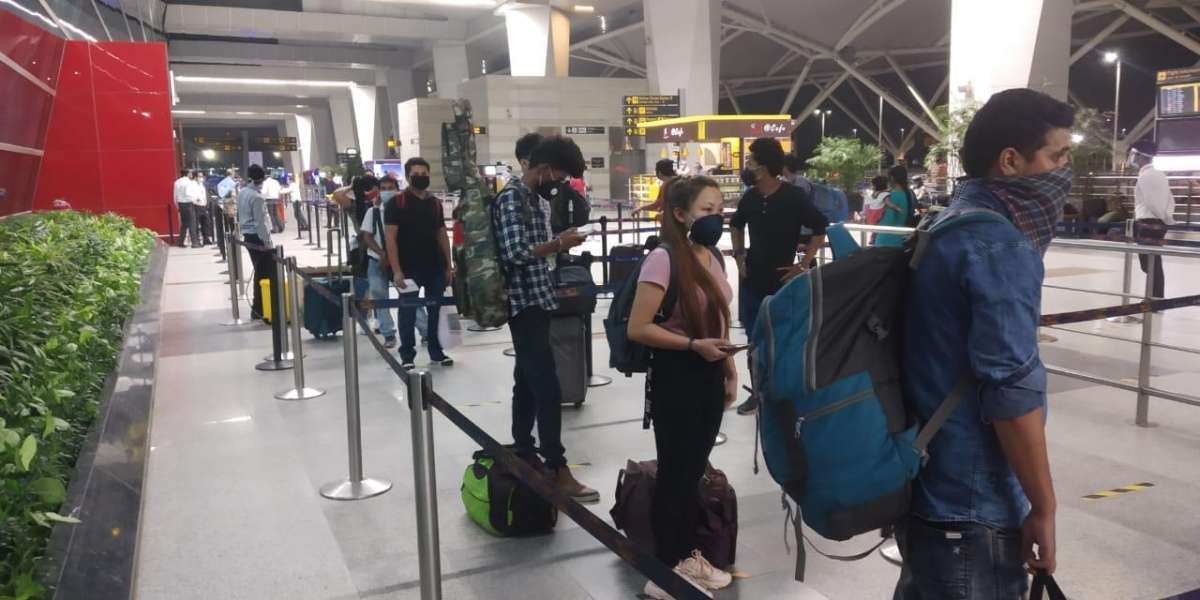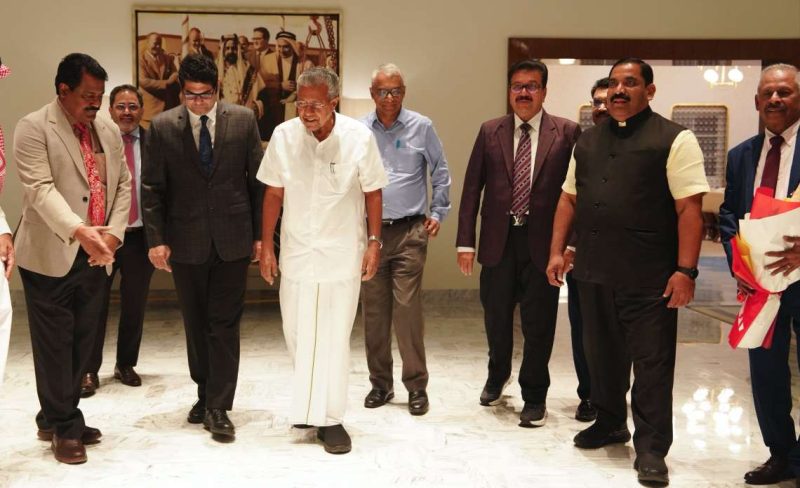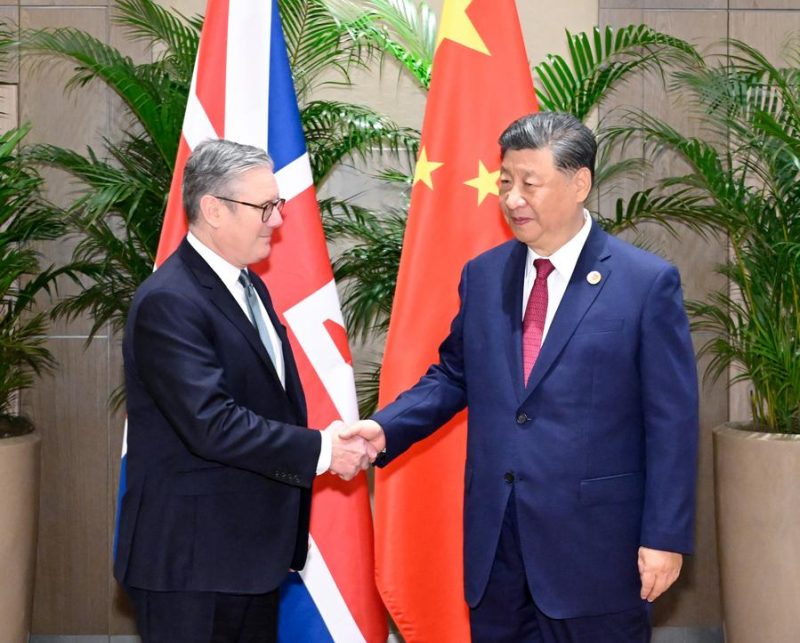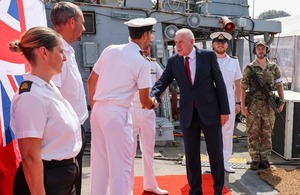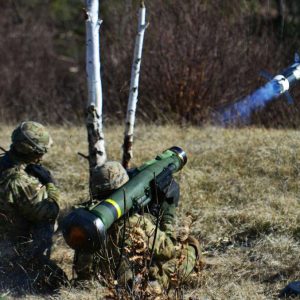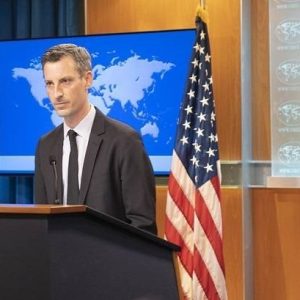India’s strategy in a multipolar world appears to be avoiding great-power competition and forging its own, nonaligned path..reports Asian Lite News
Year 2022 has been a phenomenal in the history of India’s foreign policy, under Prime Minister Narendra Modi, as his advice “this is not an era of war” to Russian President Vladimir Putin found an echo across the world.
The Russia-Ukraine war has put the world on the brink of World War III, every country choosing sides. However, PM Modi put his faith in United Nations and chose the side of peace, asking both countries to solve the problem through “dialogue and diplomacy.” In September, on the sidelines of the Shanghai Cooperation Organization Summit, PM Modi said, “now is not the time for war” — a statement welcomed by the US and other Western countries.
India’s strategy in a multipolar world appears to be avoiding great-power competition and forging its own, nonaligned path.
Prime Minister Narendra Modi and his government are pursuing an ultra-realist foreign policy that deprioritises the legal and moral aspects of international affairs to secure India’s national interests. By refusing to outrightly condemn Russia over its offensive in Ukraine, India receives tangible economic and security benefits, including the ability to purchase heavily discounted oil and continue to access Russian-made weapons for its armed forces.
It should, therefore, come as no surprise that New Delhi is not breaking its long-standing partnership with Moscow, which goes back to the Cold War.
New Delhi is not abandoning the liberal international order to salvage its relations with Russia. For instance, while attending the Shanghai Cooperation Organization summit in September, Modi rebuked Russian aggression when he looked Russian President Vladimir Putin in the eye and said, “I know that today’s era is not an era of war, and I have spoken to you on the phone about this.”
Last month, when it appeared that the G-20 summit in Bali, Indonesia, would not agree on a joint statement because of differing views regarding the war in Ukraine, New Delhi reportedly stepped up and helped forge the consensus that enabled the group to issue language mostly condemning Moscow.
Moreover, on December 1, India took over the Presidency at G20 and UNSC.
India formally assumed the Presidency of G-20 on December 1, 2022 and will hold it till November 30, 2023.
India’s theme as stated by Prime Minister Narendra Modi is — ‘One Earth, One Family, One Future’.
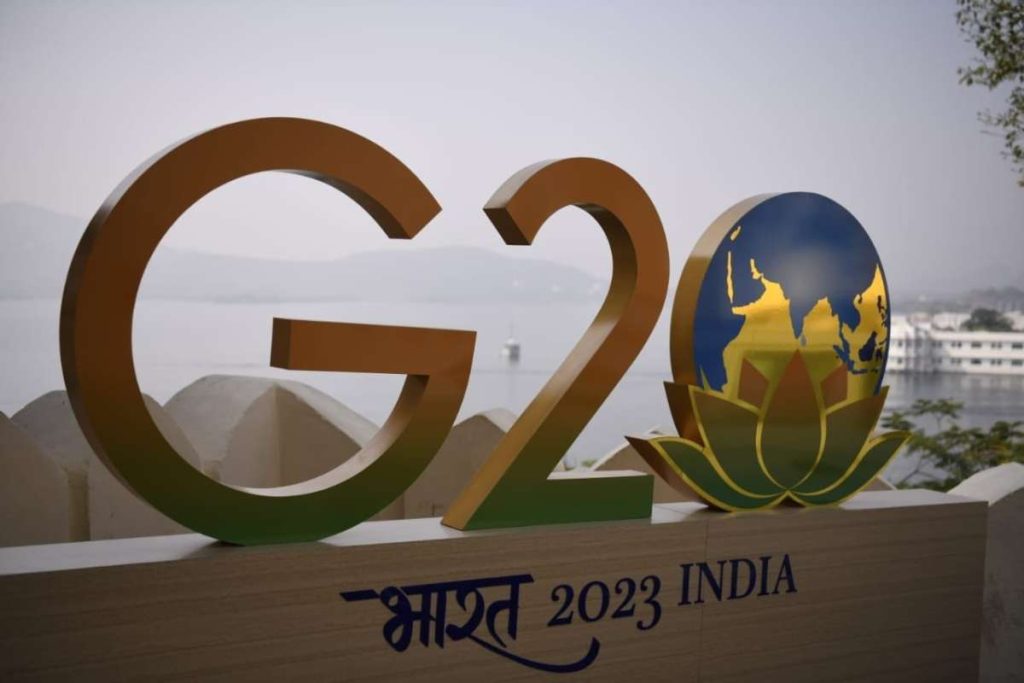
PM Modi had described India’s agenda at the G-20 as “inclusive, ambitious, action-oriented”.
He added, “During our G-20 Presidency, we shall present India’s experiences, learnings and models as possible templates for others, particularly the developing world.”
The G-20 summit is tipped to be qualitatively different from any of the previous multilateral summits that India has hosted.
None of the previous summits had the world’s largest economies assembled in one place nor did they have the entire P-5 (permanent members of the UN Security Council) represented.
In that sense, the G-20 summit would be the first-of-its-kind in its history.
“To promote harmony within the human family, we will seek to depoliticise the global supply of food, fertilisers and medical products, so that geopolitical tensions do not lead to humanitarian crises,” read India’s G-20 statement earlier.
The G-20 presidency is an opportunity to present the diversity of India to the outside world.
Among the large democracies, India has, by far, been the best performer in handling the Covid-19 pandemic and the same has been acknowledged by the world.
For the world, the Indian public goods delivery mechanism, at a billion-plus scale, has set a new template.
India’s independent foreign policy, so visibly demonstrated in the ongoing NATO-Russia (Ukraine) war, has also made the world sit up and take notice of New Delhi’s increasing global heft.
G-20 can act as a forum to exchange experiences on societal benefits and growth as complementary goals would lead to fresh thinking on employment and the environment.
India has its own initiatives like the ‘LiFE Movement’ & ‘The One Sun One World One Grid’ to offer to the world.
From scaling up a seamless digital payment model built on the public digital infrastructure (UPI) to the unique digital identity, and the successful financial inclusion model of the bottom quintile to the seamless transition to green energy, India now has many models to showcase to the developing world.
India assumed the monthly rotating presidency of the UN Security Council (UNSC) on December 1, the second time in its two-year tenure, as an elected member of the Council in 2021-22. India had earlier assumed the UNSC presidency in August 2021.
Summing up the last two years for the Indian Mission at the UN, underscoring India’s December Presidency, India’s Permanent Representative to the UN, Ruchira Kamboj said, “At the high-level week of UNGA in 2020, our Prime Minister Narendra Modi had said that we will use the prestige and experience of being the largest democracy in the world for the benefit of the whole world.”
Kamboj said, lauding India’s tenure and achievements, “We can take pride in saying that India stood by those words. In the last two years, we spoke out in support of peace, security and prosperity. We did not hesitate in raising our voice against the common enemies of humanity, such as terrorism.”
She emphasised that India raised its voice against terrorism in these two years, bringing attention to its various expressions which need to be addressed by the international community through solidarity and unity.
“In October 2022 as you all know, we brought the Security Council, the famous horse-shoe table to India for the very first time, adopting the Delhi Declaration, where the Security Council spoke with one voice in countering terrorism in all its forms and manifestations,” said India’s permanent envoy to the UN.
She reiterated that India brought the Council together in presenting a united front against terrorism.
“In keeping up with the momentum, we piloted a statement on counter-terrorism and during our December Presidency, we once again brought the Council together in presenting a united front against terrorism,” she added.
On multilateralism and reforms in the UN, she said, “We focussed our attention to the urgent need of reformed multilateralism through a signature event on December 14, for it to be fit for the purpose that UN needs to be urgently reformed to deal those with current and future challenges”.
Over 70 countries participated in an open discussion chaired by External Affairs Minister S Jaishankar and many affirmed support for India in an expanded Security Council.


